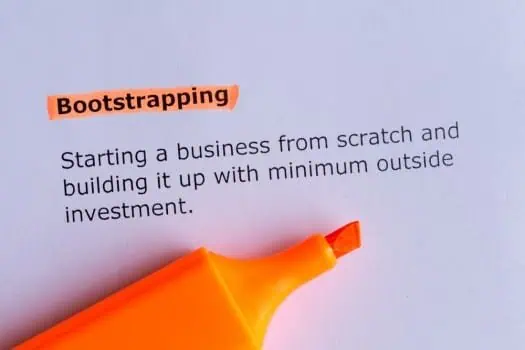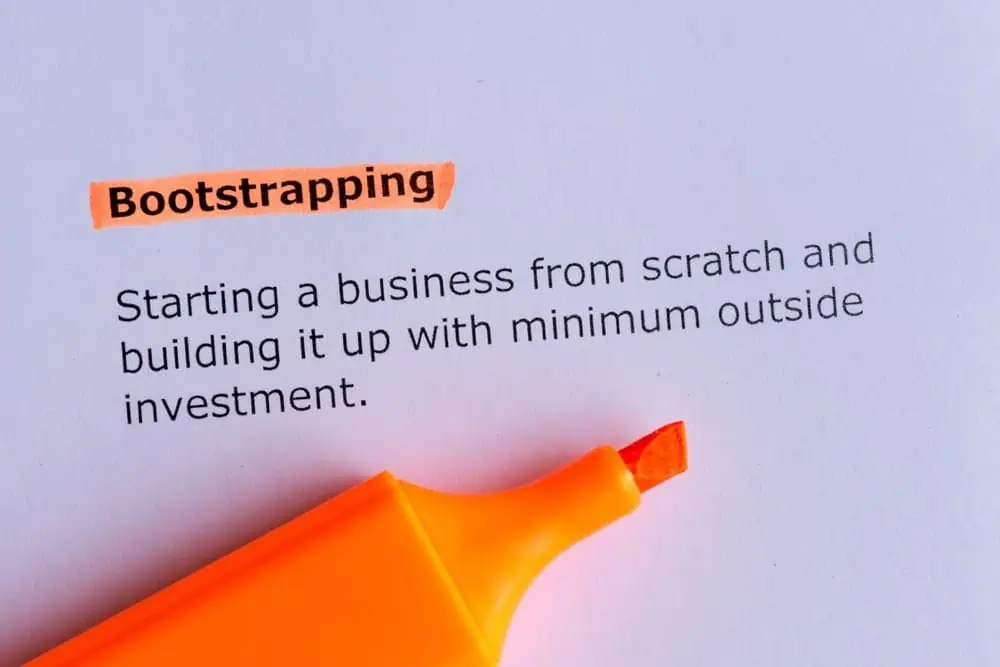 About 12 years ago, having completed a year of part-time training, I was getting ready to start my second business, offering career coaching to women. My training business had been going through a lull as a result of the dot.com crash and although I had hardly any reserves left to start a second business, I did it anyway.
About 12 years ago, having completed a year of part-time training, I was getting ready to start my second business, offering career coaching to women. My training business had been going through a lull as a result of the dot.com crash and although I had hardly any reserves left to start a second business, I did it anyway.
I must admit though that not having enough money for a new website did feel a little scary at first, especially as I didn’t want a cheap off-the-peg site. And I had good reason to feel that way as the large expense of my all-singing, all-dancing training site had proved to be a very good investment.
So what helped me start my new service business ‘on a shoestring’ that might help you too?
Consider bartering or trading your service
Trading services didn’t just provide me with a superb coaching website but some valuable marketing and finance advice too.
Of course, trading your time will still cost you your time. You should also bear in mind that whilst money might not be changing hands, from a tax and VAT perspective, both parties will need to treat the exchange like any other business transaction.
Some people continue to trade well beyond the start-up stage, whilst others buy in the services they need as soon as they feel that their revenue allows them to do so.
Either way, if you like the idea of trading, it works best when you partner with people you trust and know well. When you exchange skills and services with the right people, you’ll discover it’s a win-win for both parties, which can feel especially rewarding when two start-ups decide to help each other.
And by ensuring that your needs, skills and expectations are well matched too, the trade should go smoothly, avoiding any potentially stressful misunderstandings.
Choose the right learning events and online forums
You’ll be amazed by the sheer amount of business knowledge you can gain from the right networking events, workshops and conferences which, of course, can also provide lots of valuable connections.
Whilst these days a lot of free events — especially webinars — seem to be an excuse to sell to the audience, you can still learn a lot from the right experts.
Why not ask someone you trust for events they recommend, or look for experienced presenters who value helping others by sharing their knowledge generously. That way you may avoid some of the tantalising teasers and tit-bits that just seem to be the intro to a strong sales pitch.
Other learning material and business tips you can discover online — in the form of articles, ebooks or forum discussions — will be invaluable when you’re bootstrapping.
I still have very fond memories of one specialist forum for coaches, which was extremely solution focused. Initially free too, it was a well-used resource and a wonderful, mutually supportive environment for all its members.
When a colleague and I founded Success Network in 2005, we tried to fill a gap in the market with our affordable bite-size learning events, which were perfect for busy, cash-strapped female-run start-ups. For us, as coaches, they were perfect lead-generators too — again, a win-win for both parties! So when you find the right people or organisations to learn from, low cost may not necessarily equate with low value.
Bootstrapping is so much more than the ‘poor’ alternative for cash-strapped service providers
Over the years, I have met quite a few solo start-ups who seemed to prioritise raising funds for posh office locations over validating their business idea and confirming what their potential customers needed.
It seems that some first-time entrepreneurs think that bootstrapping means running a business ‘on the cheap’ and securing external funding is necessary in order to get everything perfect from the word go.
But for a solopreneur, this may mean trying to run before you can walk. By being cautious and applying a bootstrapping mindset you will minimise risk. Once you’ve tested the quality of your idea or business concept, you can always start using low-cost ‘social’ marketing methods that help you build valuable connections and establish your reputation as an expert in your field.
Then, when your small enterprise is more established, the ‘waste not want not’ principles you’ve learnt will have helped you to create a lean and efficient small business that is sustainable too.
Image: Bootstrapping via Shutterstock

